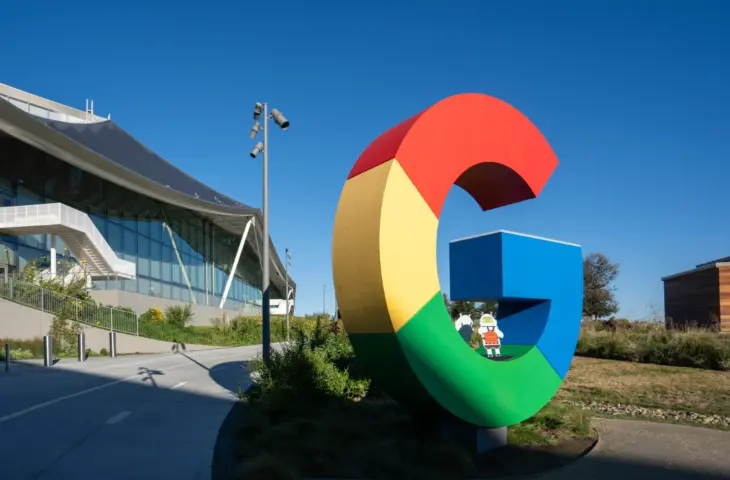Google wins its case in a U.S. court. It can keep Chrome, though some measures will be imposed.
Yesterday, the long-awaited verdict in the U.S. antitrust case against Google was delivered. It largely turned out to be a victory for Google. Google will face some measures regarding its search engine and Android, but won’t have to sell Chrome, for example.
After the court labeled Google a monopolist last year, severe measures were threatened. The most far-reaching proposal was to force Google to sell Chrome. Interested parties came forward with offers ranging from $35 billion to zero dollars. Ultimately, it won’t come to that.
Sharing Search Data
This doesn’t mean Google gets off scot-free. The company will be required to share search data from its search engine with competitors. With this search data, competitors can build stronger products to challenge Google’s search dominance. To the extent that’s still possible…
read also
Google Won’t Have to Sell Chrome
Google will also no longer be able to require Android manufacturers to offer all its applications as a bundle on smartphones. However, the court still allows Google to pay other parties like Apple to offer Google and Chrome as default options, though it can’t enforce exclusivity. The hot potato is mainly passed to Apple to promote alternatives.
Presiding Judge Amit Mehta makes the remarkable admission that the court ‘overplayed its hand’ with the initial proposal to sell Chrome and that Google ‘does not impose illegal restrictions’ in its browser. On September 10th, Google will be called to account again to discuss how it will put the ruling into practice.
Mixed Reactions
The ruling elicits mixed reactions from Google’s supporters and opponents. The company itself responds with moderate satisfaction. Particularly, the requirement to share search data is not well-received. “We are concerned about the implications of these requirements for our users and their privacy,” Google says in a statement to Bloomberg.
The U.S. government is satisfied with the outcome of the lawsuit. “Google is being held accountable,” says Gail Slater, head of antitrust affairs at the Department of Justice, in a social media post.
Google’s competitors are less pleased. DuckDuckGo CEO Gabriel Weinberg thinks little will change regarding Google’s dominance. “We do not believe the remedies imposed by the court will drive the changes needed to adequately address Google’s illegal conduct. Google will still be allowed to use its monopoly power to keep competitors at bay.”
Storm Subsides
After a turbulent year, the puzzle pieces are starting to fall into place for Google. The European Commission also seems to be softening its tone towards the tech giant. For instance, it will no longer have to sell its lucrative advertising division in Europe.
It seems unlikely that Google will quickly loosen its grip on the internet. Any measures taken now can no longer repair the done damage.
